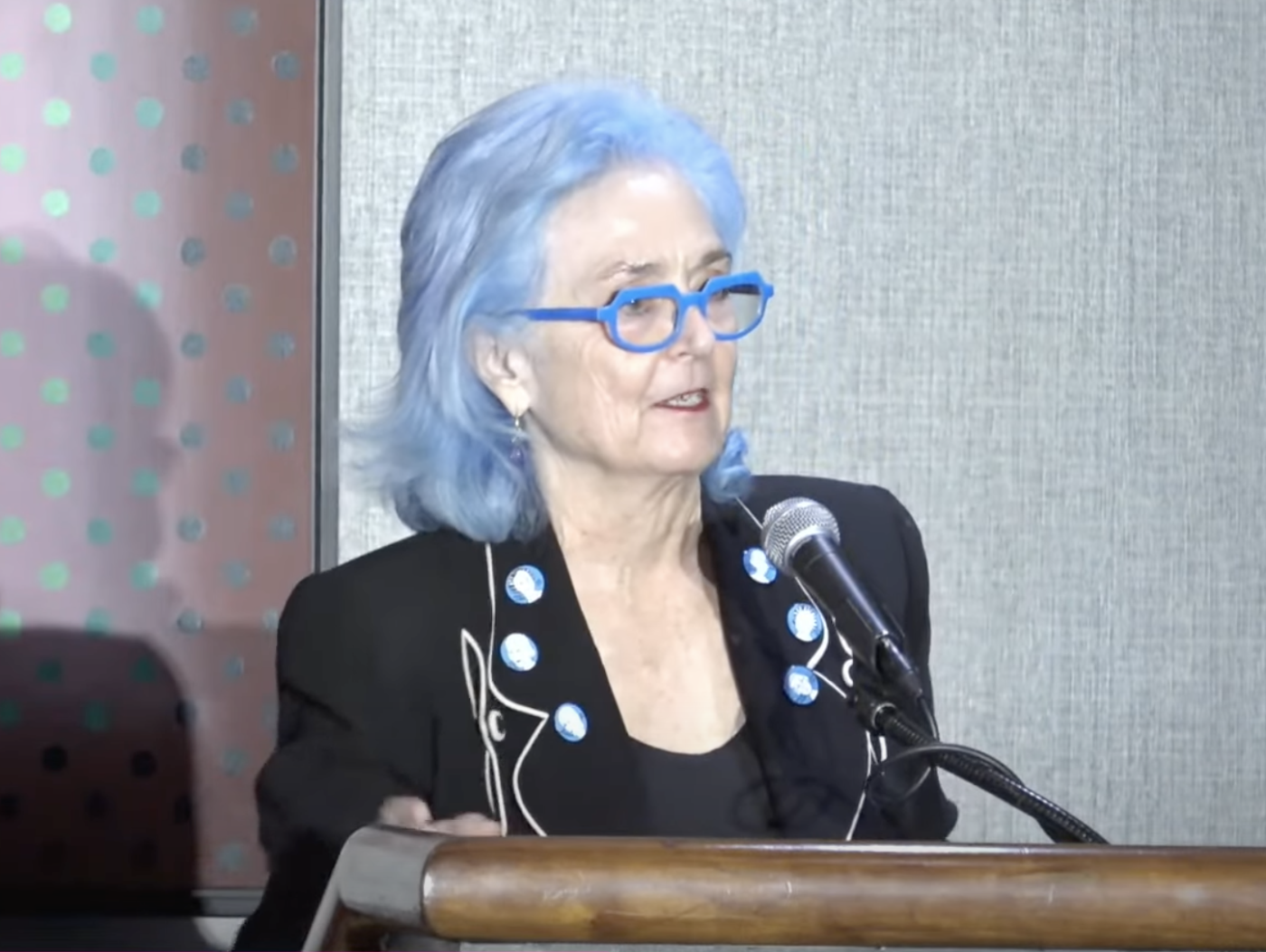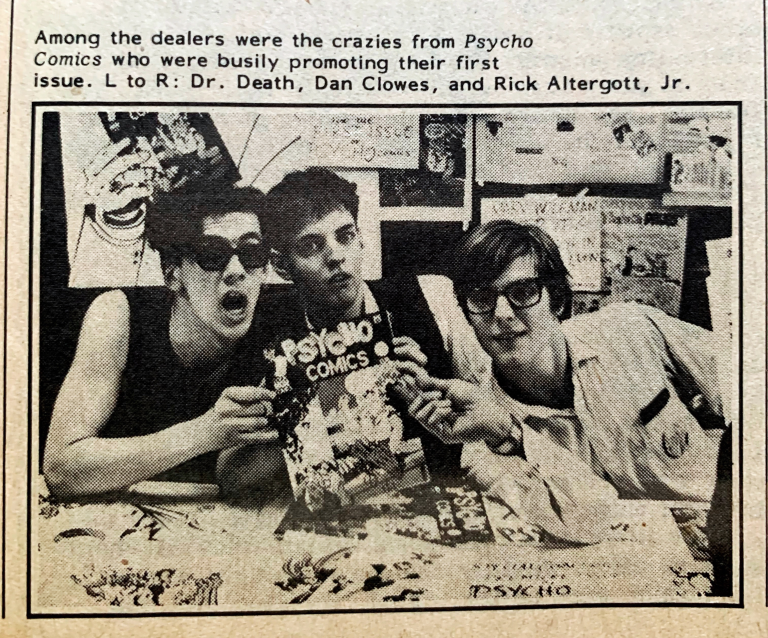The backlash regarding Tilly Norwood, an AI performer announced last week at the Zurich Summit, has now gone global, with the Canadian actor’s union, ACTRA, and the European actors’ union, Equity, also voicing their disapproval of the use of AI performers.
“Tilly’s existence is nothing but lines of code, wrongfully based and programmed from actual human performance. There is no place in our industry, and no use in the humanity of art, for replacing performers with synthetics. ACTRA rejects any attempt to do so,” Marie Kelly, ACTRA national executive director and chief negotiator, told The Hollywood Reporter in a statement on Thursday.
“Performers are concerned about their craft, their place in the world of entertainment, and their livelihoods,” Kelly added. “They have always competed against thousands of other performers for work, but are now faced with synthetic competition. Aside from the fact that the synthetic ‘performer’ doesn’t eat, consume goods, pay taxes or otherwise contribute to our society, they don’t engage audiences using human creativity.“
“This must serve as a wake-up call for the Canadian government on the growing threat of AI,“ Kelly added. “We are not against AI and its technical potential, including in our industry, but the very real and negative impacts must be addressed and protected against. This technology is growing ever-stronger and doing so at exponential speed. Performers may be the canary in the coalmine, but if strong laws around AI — especially moral rights — are not passed now, it may soon be too late to act for all society.”
 Image used with the courtesy of Equity
Image used with the courtesy of EquityThis comes on the heels of the American union SAG-AFTRA also stating, “the union is opposed to the replacement of human performers by synthetics. The European performers’ union Equity also made a complete statement on their website that reads as follows:
“Equity believes that the creative process is a human prerogative, and generative AI must remain a tool that is used to empower human creators, not replace them.
“We are calling for greater transparency and protections for artists’ work, to ensure that new AI-generated performers like ‘Tilly Norwood’ do not infringe our members’ likenesses, and human artistry is protected at all costs.
“AI-generated performances do not appear from thin air – they are made by digitally imitating real work made by real people. These AI systems have been trained on human likeness and human voices. Sometimes this is done with performers’ permission, but often it is not. This Wild West must end, and robust protections must be implemented to ensure artists’ work is not stolen.
“Equity is supporting a member who believes her image and performance is included in the creation of the new AI actress without her permission. The lack of transparency around this – and so many other – AI creations represent these problems. The industry desperately needs a system of transparency, consent, and remuneration to ensure that performers’ rights are respected and upheld.
“As part of our current negotiations with Pact, we are demanding minimum standards in relation to use of AI across the film and television industry. Alongside these critical negotiations, we continue to lobby the UK government to strengthen performers’ rights so that all artists are protected, including those in other sectors who do not benefit from the safeguards of union contracts.
“Technological advancements must not come at the expense of those who bring art to life.”
Here’s Equity General Secretary Paul W. Fleming, talking to Sky News:
“A computer program has created something fundamentally disconnected from the work of acting, the craft of acting, but also the soul of a human being, and that’s why people engage with entertainment, engage with the performing arts, to engage with human beings,” Fleming said. “It’s a very, very strange phenomenon.”
“We’re at the stage in AI where so much data has been used. It’s gone through several processes, and the original source becomes more and more unclear,” he added. “That’s something that should worry every viewer, every working person because that’s not really the way our data should be being used. That’s not really the way our work should be being used.
“We as a union have been looking at using things like gdpr, general data protection regulations, to make demands of companies to find out where the data that goes into these creatures, these bits of technology come from. To make sure that there isn’t an abuse of our members’ work.”





















 English (US) ·
English (US) ·